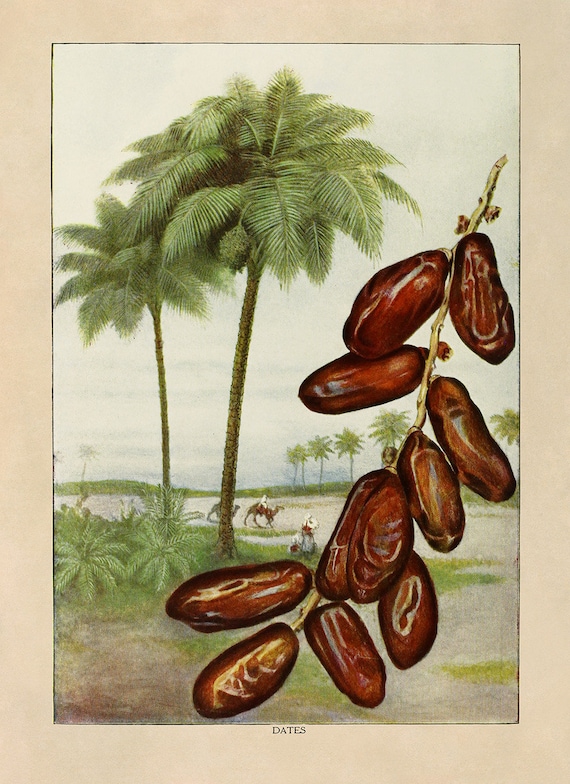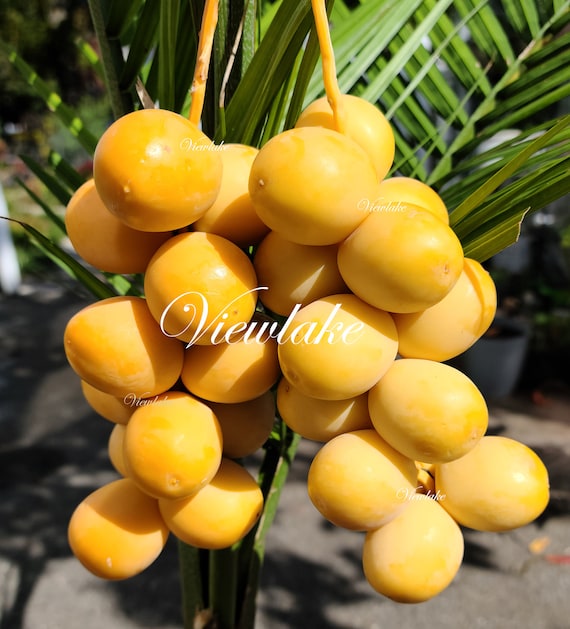Kurma Ajwa hold an unique area in Islamic practice, usually described as the "Prophet's Dates" because of their ingrained link with the life and mentors of the Prophet Muhammad. In this article, we will certainly discover the spiritual, historical, and religious significance of Ajwa days in Islam, and just how their intake has been woven right into the textile of Muslim culture for centuries.
The Story of Ajwa Dates in Medina
Ajwa dates are indigenous to Medina, the second holiest city in Islam. It is thought that the Prophet Muhammad directly grew the initial Ajwa day hand trees in Medina, imbuing the fruit with spiritual significance. The Prophet is additionally stated to have actually advised eating seven Ajwa days in the morning to ward off injury and health problem.
This solid link in between Ajwa dates and the Prophet Muhammad has actually made them a sign of true blessings and protection. Today, pilgrims visiting Medina usually acquire Ajwa days as a spiritual keepsake, a tip of their connection to the spiritual land.

Ajwa Dates During Ramadan

Ajwa days are a prominent food product throughout the holy month of Ramadan. They are often the initial food taken in to break the quick at Iftar, complying with the Sunnah (tradition) of the Prophet. The consumption of days during Iftar helps restore energy degrees quickly, as the natural sugars in dates are quickly absorbed by the body. how long do ajwa dates last aids control digestion, making Ajwa dates an excellent food to begin the night dish after a lengthy day of fasting.
Spiritual Benefits of Ajwa Dates
Ajwa dates are often seen as a kind of spiritual healing, along with their physical wellness advantages. Consuming Ajwa days is thought to shield versus bad, envy, and illness. They are likewise frequently included in spiritual and philanthropic practices, such as distributing dates to the clingy throughout Ramadan or giving them as gifts throughout Eid celebrations.
Ajwa Dates and Charity
In Islamic culture, giving is an essential act of belief, and dates have actually historically been a sign of charity and kindness. Ajwa dates, being among one of the most treasured ranges, are usually distributed as component of Sadaqah (charity) and Zakat (required almsgiving). Their use in these techniques enhances their spiritual value and link to acts of compassion.
Final thought
Ajwa days are much more than just a tasty fruit; they are an integral component of Islamic custom and society. Their historic and spiritual value, especially throughout Ramadan and other religious events, highlights the deep connection in between food, confidence, and area in Islam. Ajwa dates remind Muslims of the trainings of the Prophet Muhammad, using both physical nutrients and spiritual security.
